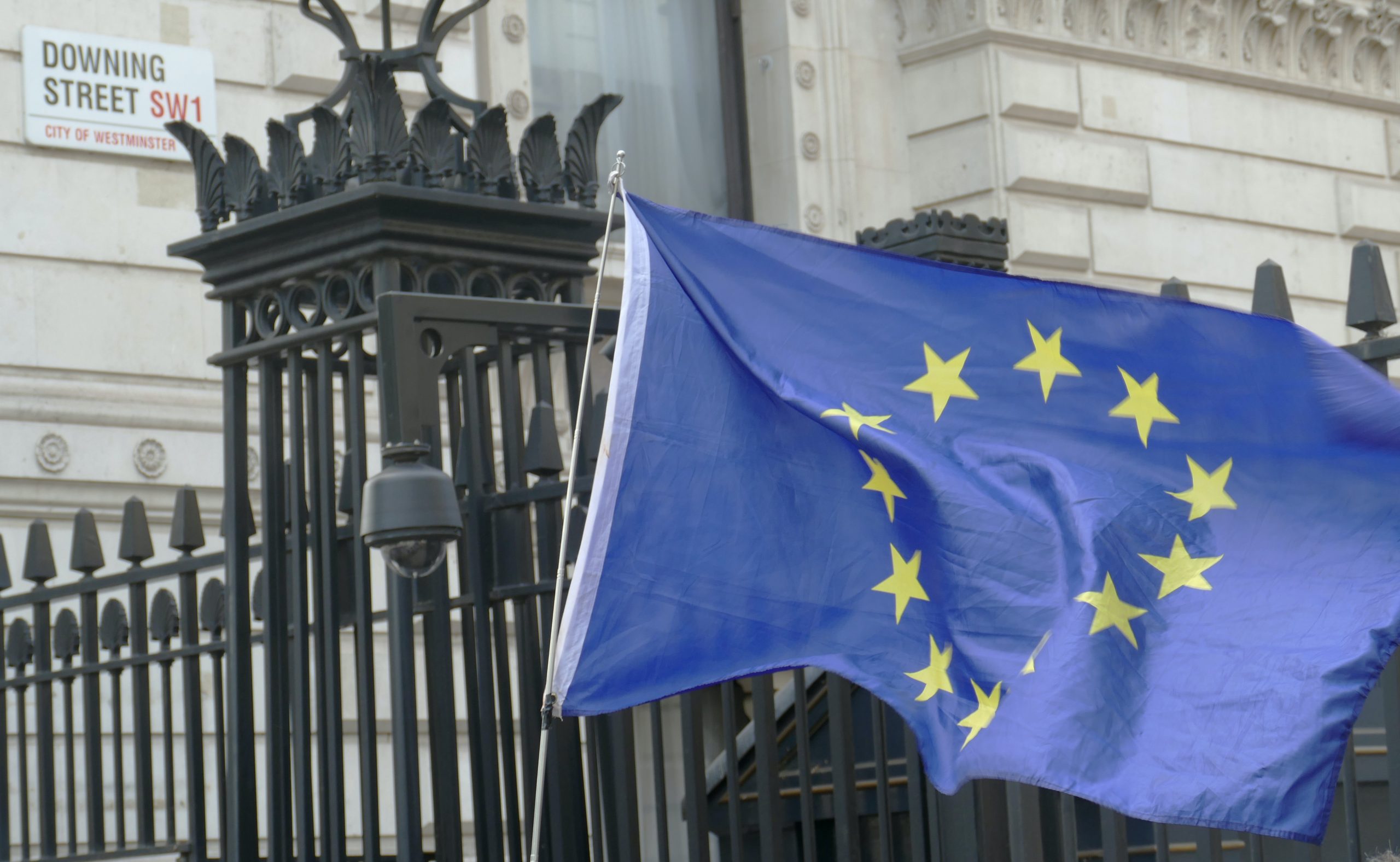It’s fair to say that society has changed as we know it.
The current Covid-19 era seems like a world away when thinking back to the political uncertainty around Brexit, at the end of 2019.
Yet despite the turmoil, which global lockdowns are causing to the UK economy and society; Brexit has not gone away, and in fact de-ja-vu seems to be creeping back in.
Once more there is a stand-off between the EU and UK negotiators, although a recent meeting between the PM and EU leaders showed some positive signs of both sides willing to compromise, in order to bridge the impasse.
However, it is also clear that little progress has been made, as the clock rapidly winds down to the December 31st deadline. For businesses, this uncertainty is not a good thing, as is the prospect of a ‘No Deal’ situation.
This is particularly true for most companies, as the benefit of time has ebbed away because of the continued delays and the enormous disruption caused by the Covid-19 pandemic.
The Current State of Play
So what is the current state of play with the negotiations and are both sides really as far apart as they seem?
A good place to start is to look back at the torrid history of the Brexit-saga, which has played out like a cat and mouse game between the two sides from the beginning.
At the moment it’s clear that there is little intention to compromise on the key sticking points; namely the so-called level playing field, fishing rights in UK waters, the role of the European Court of Justice and binding commitments on financial markets. The UK Government has also made it clear that there will be no full regulatory alignment with the EU after Brexit.
However, there does seem to be some movement when it comes to security cooperation, which is really the only key take-away from the latest round of negotiations.
This brings us back to the cat and mouse negotiation tactics of both sides. It was interesting to see that the UK Government has distanced itself from walking away from the negotiations in June, if a deal hasn’t been struck by then.
Furthermore, the Prime Minister is beginning to take over negotiations personally, which has produced some optimistic mood music from his EU counterparts. Perhaps this is a sign that top level talks will begin to ramp up significantly before the Autumn?
This is unsurprising, as it’s a well-publicised tactic of both sides to take negotiations to the wire, so expect more key European figures to become involved as the time-pressure intensifies.
Undoubtedly this will lead to some flexibility on both sides but whether this will be enough to satisfy the current entrenched positions in the different camps is impossible to predict. What it does tell us is that all options are still on the table, such as one overarching agreement or a framework of mini-deals.
Herein lies the olive branch for both sides, as there are clearly specific areas where there is a will to come to an agreement. Although it must be noted that no one is talking about smaller deals, as the focus at present must be on the aspiration to reach a ‘whole’ deal.
Revisiting No Deal Preparations
Throughout the Brexit process I’ve spoken to hundreds of business leaders, ranging from large corporations to local SMEs, and they all say the same thing: make sure the future EU-UK trade deal works for our economy, industries and business sectors.
As the clock winds down, businesses must once again begin to ramp-up their No Deal preparations, but are less equipped to do so, as they grapple with the huge disruption caused by the pandemic.
Take the pharmaceuticals’ sector for instance; we were requested to stockpile an extra 6 weeks’ worth of medicines during the previous Brexit deadlines in 2019, to prepare for potential short-term disruption at the borders.
Fast forward to today and these stockpiles have proven very helpful during the pandemic. However, companies may face challenges with building stock back up to the same levels, as global lockdown restrictions have caused significant disruption to supply chains. This situation may also get worse before it gets better, if the predicted second wave of the virus resurfaces in the autumn.
If there is no agreement then the so called ‘cliff edge’ scenario where the UK moves to World Trade Organization (WTO) rules will be December 31st, unless there is an extension, which the Government has currently ruled out, for now.
There may be the introduction of tariffs, disruption in the workforce, delays in the supply line and potentially aggressive competition between the two sides as laws and standards diverge. This may cause UK businesses significant challenges, and is therefore something that companies should be planning for, right now.
The good news is that this scenario is something that both sides want to avoid and there is clearly a ‘will’ to come to an agreement, particularly in certain areas.
There’s still time left, but it’s running out. Perhaps this is one thing both sides can agree on.









